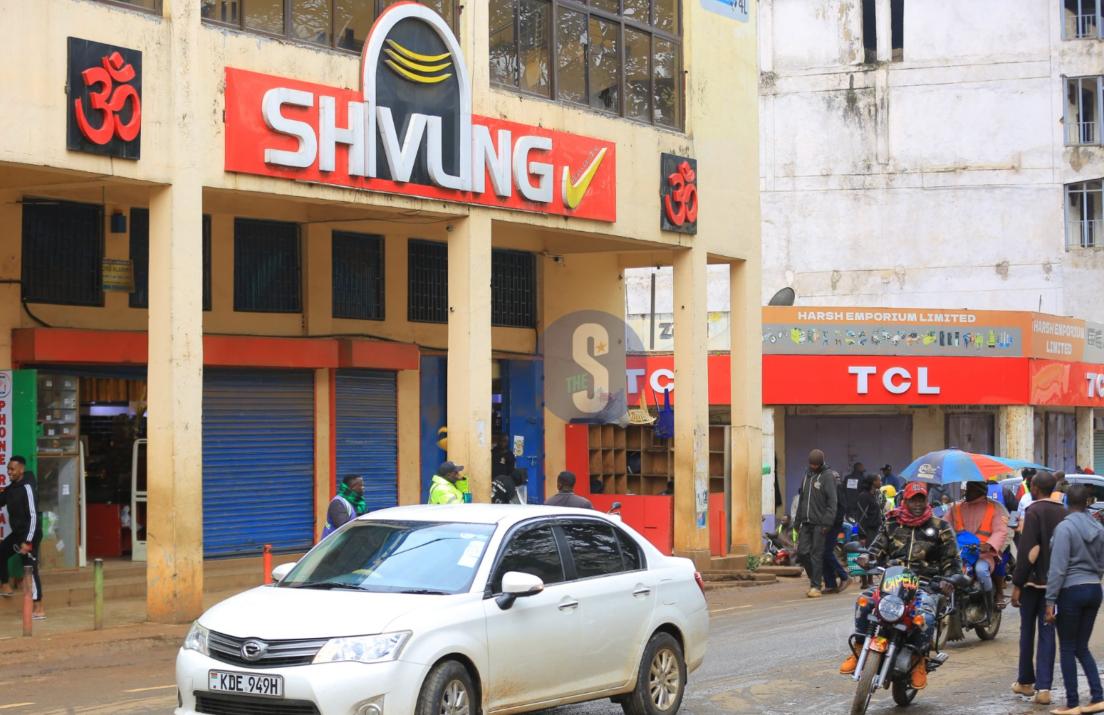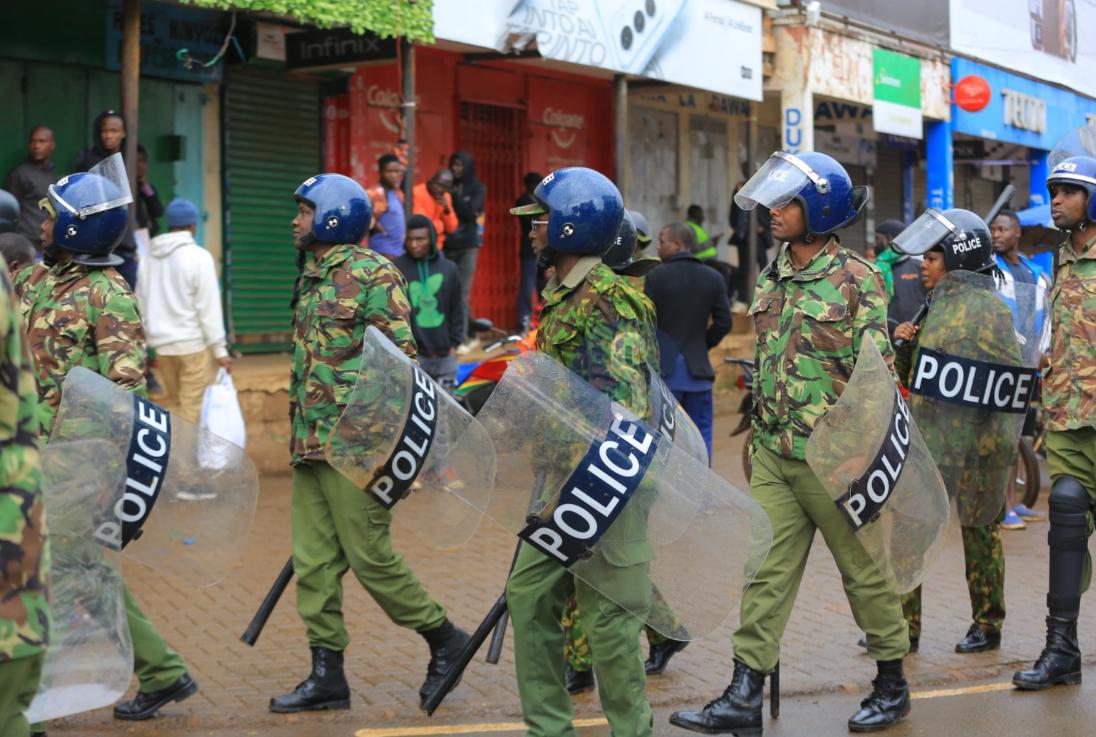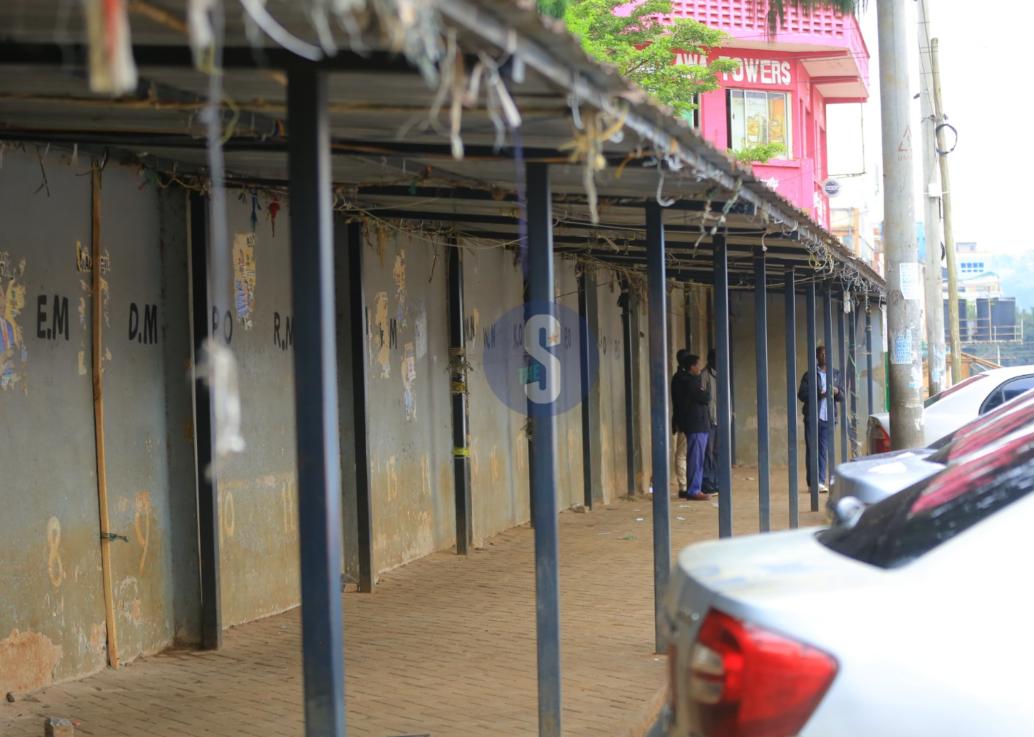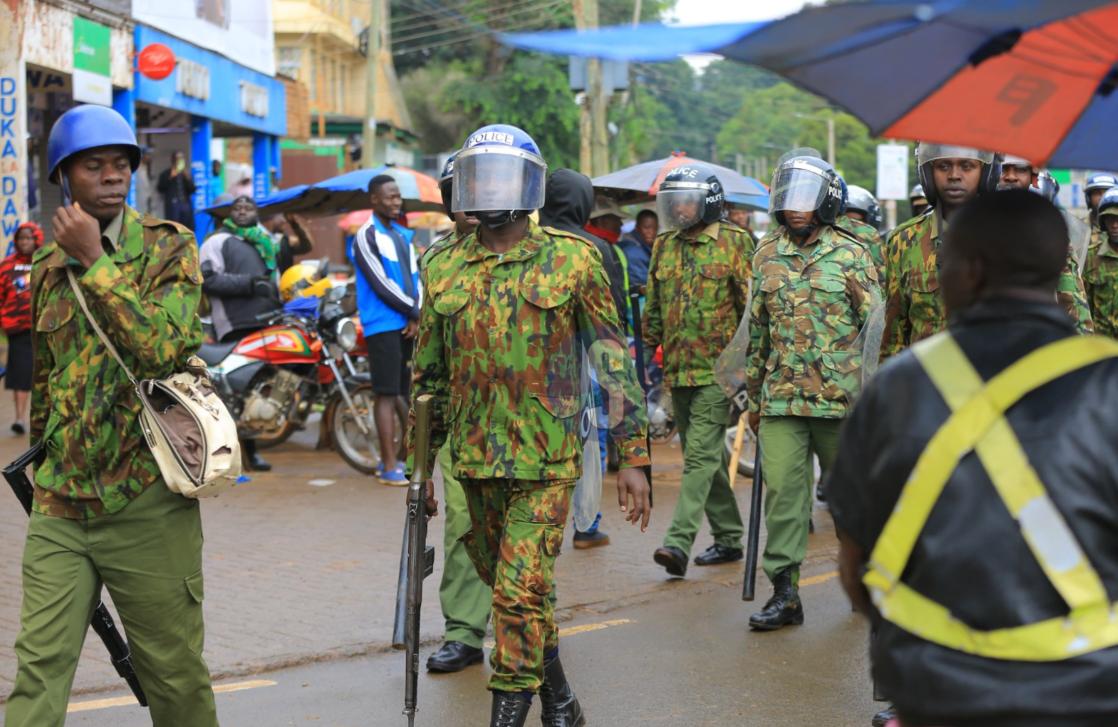
Hundreds of Kisii Town residents poured into the Central Business District (CBD) on Monday to commemorate the 35th anniversary of Saba Saba Day.
The day is etched in Kenya’s history for its pivotal role in the fight for multi-party democracy.
The peaceful gathering saw activists, local leaders, and ordinary citizens come together to honour those who championed democratic freedoms in the early 1990s and to voice current grievances over governance, economic inequality, and lack of accountability.
Despite the residents' promise to maintain peace, the government deployed a significant police presence throughout the town, a move that some viewed as a precautionary measure and others as intimidation.

Local politician James Aming’a addressed the crowd, encouraging citizens to participate in the commemorations and remember the sacrifices made in the struggle for democratic space.
“People here are here to celebrate. We are also here to raise grievances on how the country is being run. We hope the government will listen to the people and respond appropriately,” said Aming’a.
He also urged the police to avoid provoking demonstrators, emphasizing the importance of upholding constitutional freedoms.
Though the demonstrations were peaceful, the usually busy Kisii Town bore the economic brunt of the day’s events.
Shops and businesses remained shut, and even the adjacent markets and trading centres remained closed in anticipation of possible unrest.

Lenox Mukamba, a boda boda rider, expressed mixed feelings about the day.
“Yes, my business has been affected, but I’m proud that locals have started peacefully. I ask that we do protest in acceptable ways. Let us not destroy property or engage in looting.”
Another demonstrator echoed the call for peace, urging the police to play a protective rather than confrontational role.
“We want the police to offer security to protestors. We will remain peaceful and, as you can see, we have not blocked any road or lit bonfires.”
Saba Saba, meaning "Seven Seven" in Swahili, commemorates the July 7, 1990, protests that ignited the movement toward multiparty democracy in Kenya.
The day has gained new momentum in recent years, with civil society groups using the anniversary to press for reforms and economic justice.

Elsewhere in the country, including Nairobi, authorities took a more forceful approach. Security agencies set up roadblocks on major highways and sealed off the capital’s CBD to prevent potential unrest.
The lockdown caused widespread disruption, with thousands of commuters and upcountry travellers stranded for hours.
Despite the government’s insistence that July 7 would be a normal working day, the scale of police deployments and preemptive measures across the country underscored the growing tension between citizens’ right to assemble and the state’s focus on maintaining order.











